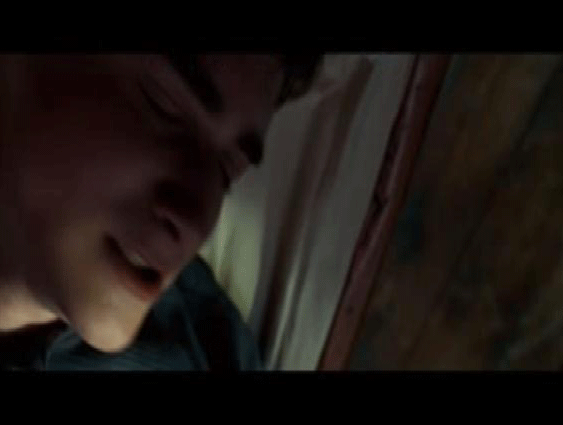Why I Loved “Cursed Child”
Like many, I found myself weeping inconsolably at the end of the Potter series.
All was well.” (Deathly Hallows)
I wept tears of joy for Harry’s happiness, and I wept tears of hope for myself, that one day I might find myself in a place where all was well.
The Harry Potter series holds a special place in the hearts of many, but I think it rings particularly true to victims of trauma. I don’t know that any living Muggle has a story quite like Harry’s, but many share similarities. Harry faced abuse from all facets of his world: the Muggles who raised him, the villains who pursued him, and the classmates and teachers who belittled and bullied him.
Throughout my childhood, I bore the stains and scars of trauma and abuse, but Harry Potter was my refuge. The intricate structure of the novels eased the chaos of my world. The immersive story, delightful characters, and mysterious patterns gave my obsessive-compulsive mind something to focus on when reality seemed too horrible to be anything but a nightmare.
It was with great joy and anxiety that I opened the final book, eager to uncover its mysteries at last, but frightened at what the story might hold for Harry. Reading those final words, that declaration that all was well for someone who’d endured such hardship, lit a bonfire of hope in my chest. If things were good for Harry, surely one day they would turn out all right for me. I would be able to escape the Death Eaters of my world. The Dark Lord would no longer pursue me. I would be free to live a normal life at last.
But that didn’t happen.
I escaped my prison of abuse, but all was never well. My obsessive-compulsive tendencies intensified. My days were plagued with flashbacks, and my nights were racked with terrifying dreams. I lashed out at the only people who had shown me kindness and love because my eyes were still clouded with the demons of my past.
It felt like those books that had saved me during so many trying moments had made me a false promise.
All was not well.
A cold distance grew between myself and the boy who lived. Why wasn’t Harry having nightmares 19 years later? How did he go on with his career as an Auror without reliving his traumas every day? How could he accept the fact that his own son may be Sorted into the very House of the villain who began his woes?
Along came Cursed Child.
The original Potter series was crisp and clean, organized in such a way as to deliver Rowling’s message without a lot of room for doubt or confusion. This orderly world was my sanctuary during an unpredictable childhood, but it seemed rigid and unrealistic to the young adult I became.
Cursed Child, on the other hand, was not the same clean story. It was messy, full of contradictions and untold stories. Harry had not escaped the ghosts of his past. We watched him lash out at the people he loved and suffer from nightmares; we watched him relive the night his troubles began.
I found myself weeping at the end of another Potter story as Harry and Albus stood in front of Cedric’s grave. Harry’s final words, although they bore no promise that all was well, struck me to my core.
I think it’s going to be a nice day.” (Cursed Child)
No longer do I believe that “all was well” has to mean that everything is perfect. Sometimes, the past will catch up with us. It will seem as if we’ve gone back in time, and we may get stuck in those moments where reality was a nightmare. There will be days we wish we could turn back time, like Albus, and erase the events that brought us the struggles we deal with today.
That being said, I cannot overstate the importance of living in the present. My heart aches with joy on every morning that I can observe, like Harry, that today is going to be one of the good days. I now know that those days will keep coming, and I can say with sureness that for me, all is well.




